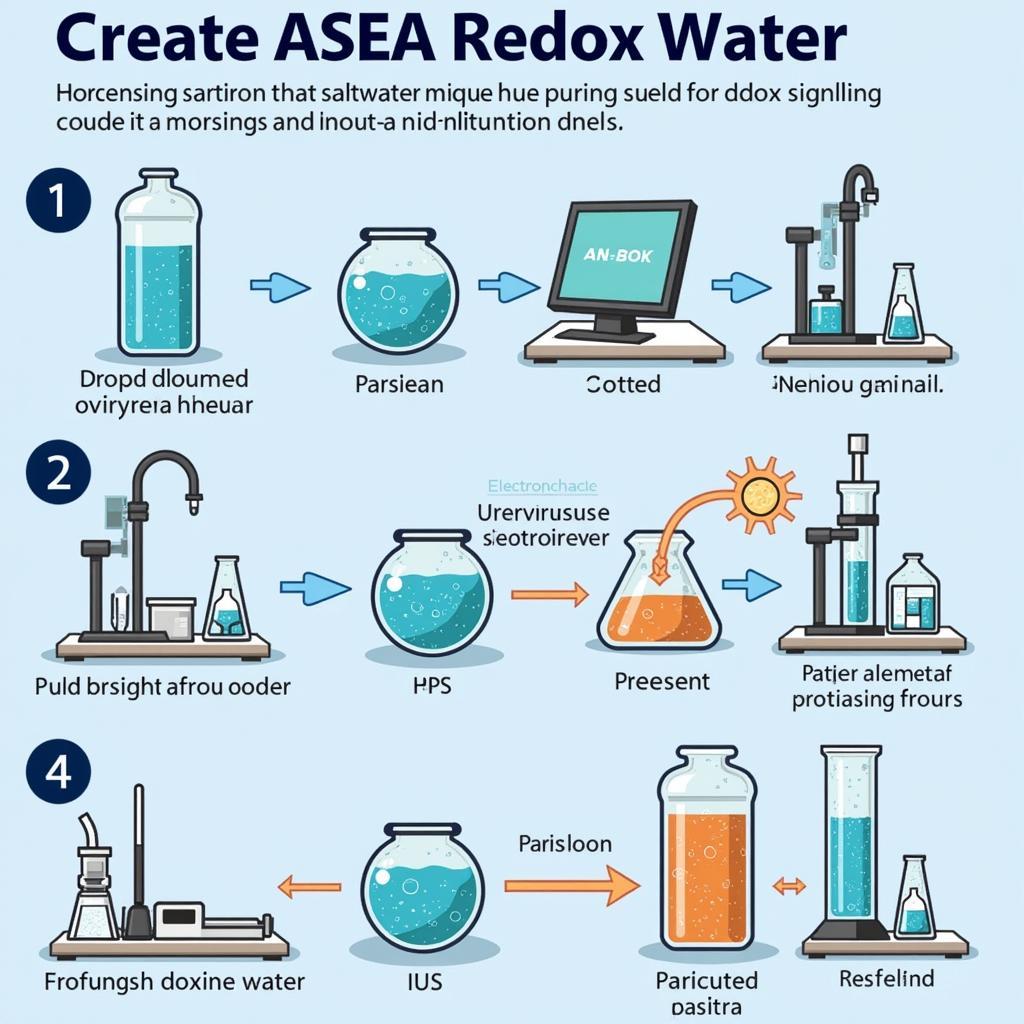The 2015 ASEAN Socio-Cultural Community (ASCC) Scorecard represents a pivotal moment in the journey towards regional integration. It offers a comprehensive assessment of progress made towards achieving the ASCC Blueprint’s objectives, providing valuable insights into ASEAN’s social and cultural development. This article delves into the key aspects of the 2015 ASCC Scorecard, exploring its significance, achievements, and challenges.
Understanding the Importance of the 2015 ASCC Scorecard
The ASCC Blueprint, adopted in 2009, envisioned an ASEAN community that is people-centered, environmentally friendly, and socially responsible. The 2015 Scorecard served as a critical evaluation tool, measuring the progress made towards realizing this vision. It provided a snapshot of achievements, identified areas needing improvement, and informed future strategies for regional cooperation. This evaluation was crucial not only for ASEAN member states but also for stakeholders interested in understanding the region’s socio-cultural landscape.
Key Achievements Highlighted in the 2015 ASCC Scorecard
The 2015 ASCC Scorecard showcased significant strides in various sectors. Progress was evident in areas such as poverty reduction, environmental protection, disaster management, and the promotion of social development. The scorecard acknowledged improvements in education, healthcare, and social welfare programs across member states. Initiatives fostering cultural exchange, sports collaborations, and people-to-people connectivity also received recognition. These achievements underscored the commitment of ASEAN nations to build a cohesive and prosperous community.
Challenges and Areas for Improvement Identified by the Scorecard
While the 2015 ASCC Scorecard celebrated numerous achievements, it also candidly addressed the existing challenges. Disparities in development levels among member states remained a key concern. The scorecard highlighted the need for enhanced cooperation in addressing transnational issues such as climate change, human trafficking, and the spread of infectious diseases. Furthermore, it emphasized the importance of strengthening institutional mechanisms and improving data collection to ensure effective monitoring and evaluation of ASCC initiatives.
What were the key focus areas of the 2015 ASCC Scorecard?
The 2015 ASCC Scorecard focused on key areas such as poverty reduction, environmental sustainability, social protection, and cultural exchange. It also assessed progress in education, health, and disaster management.
How did the 2015 ASCC Scorecard measure progress?
The Scorecard employed a comprehensive set of indicators to measure progress across different areas. It used both quantitative and qualitative data to assess the implementation of ASCC Blueprint initiatives.
Why is the 2015 ASCC Scorecard important for ASEAN?
The Scorecard provided valuable insights for policymakers and stakeholders, facilitating informed decision-making and resource allocation to strengthen the ASCC.
Conclusion: Building on the Legacy of the 2015 ASCC Scorecard
The 2015 ASEAN Socio-Cultural Community (ASCC) Scorecard served as a valuable benchmark, demonstrating both progress and areas needing further attention. Its insights continue to shape ASEAN’s socio-cultural development agenda, driving regional cooperation and fostering a sense of shared identity. The scorecard underscores the ongoing commitment of ASEAN member states to create a vibrant, inclusive, and resilient community.
FAQ
- What is the ASCC? (The ASEAN Socio-Cultural Community aims to foster a people-centered, people-oriented, and socially responsible ASEAN Community.)
- What was the purpose of the Scorecard? (To measure progress towards achieving the ASCC Blueprint goals.)
- How often is the Scorecard published? (Periodically, to track progress over time.)
- Where can I find the full 2015 ASCC Scorecard report? (On the official ASEAN website.)
- What are the key priorities of the ASCC? (Social development, environmental sustainability, cultural exchange, and disaster management.)
- How does the ASCC benefit ASEAN citizens? (Through improved living standards, enhanced social welfare, and greater cultural understanding.)
- What are the future goals of the ASCC? (To continue strengthening regional integration and building a resilient and inclusive community.)
Need support? Contact us 24/7: Phone: 0369020373, Email: aseanmediadirectory@gmail.com, or visit us at: Thon Ngoc Lien, Hiep Hoa, Bac Giang, Vietnam. We are here to help!
